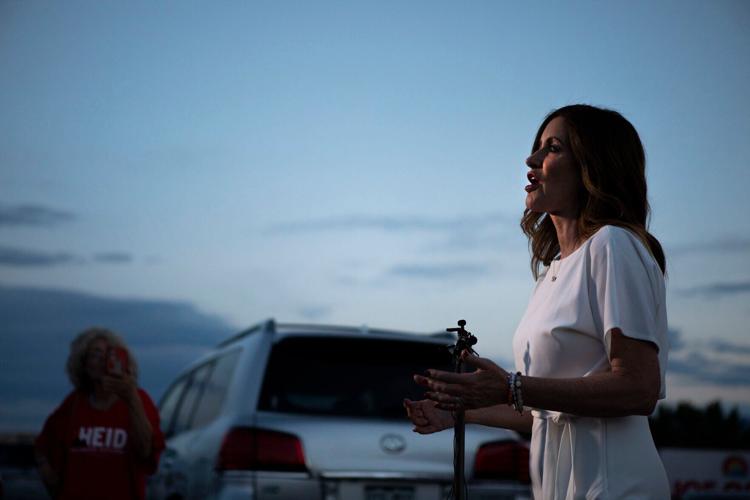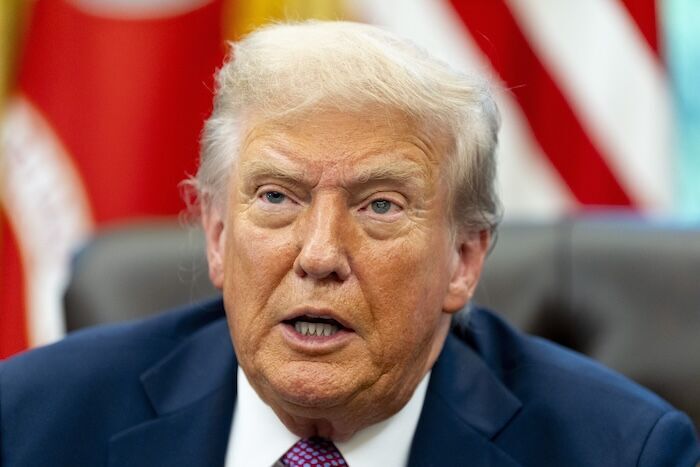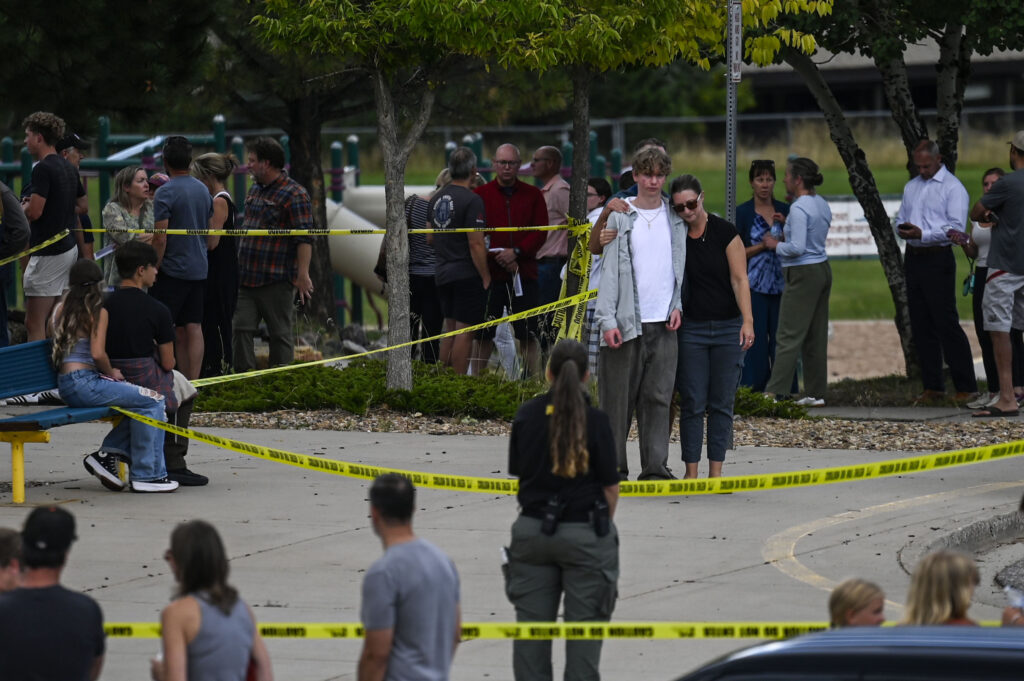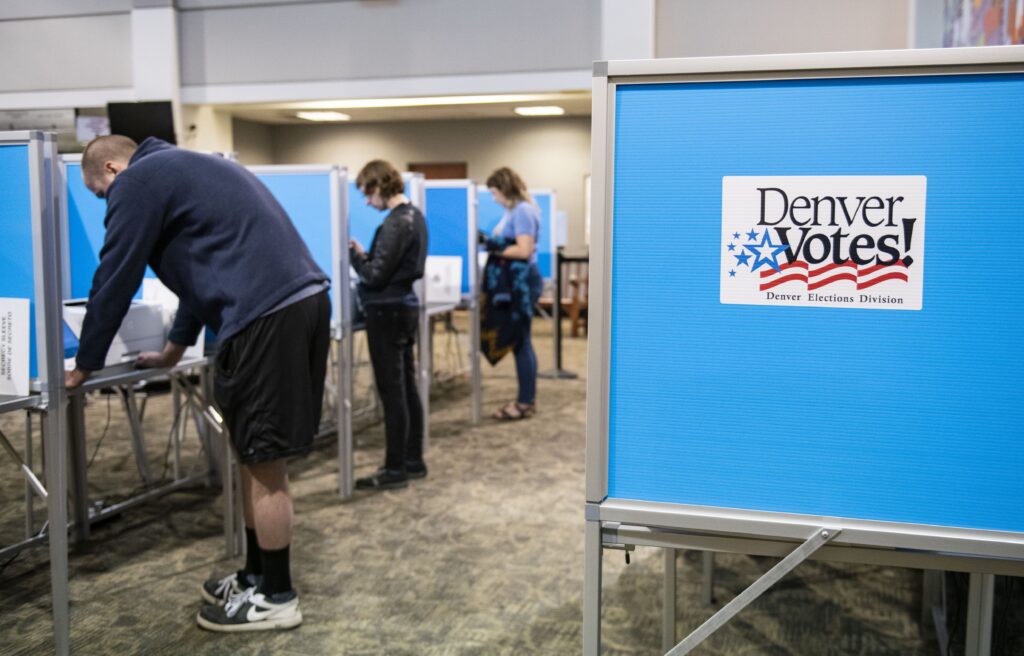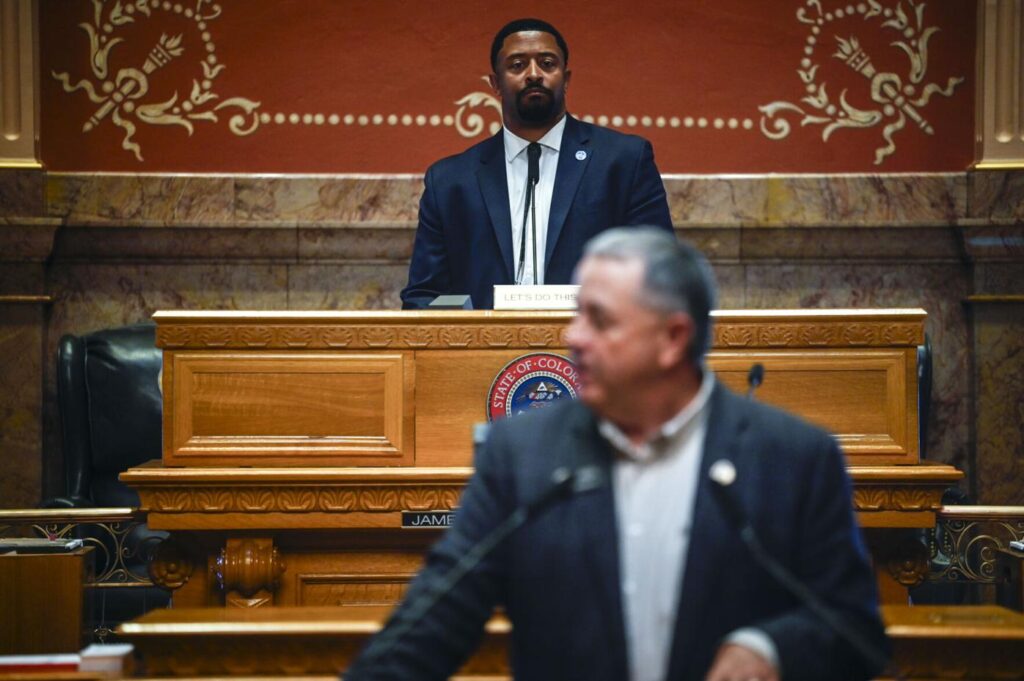The return of the flaming moderates: Primary election a victory for the Great American Middle | Vince Bzdek
Hail to the flaming moderates.
If this past Tuesday’s primary election was anything, it was a victory for the Great American Middle.
Across Colorado, moderate, mainstream Republicans won their races against more extreme ones. The GOP candidates who supported election conspiracy theories and questioned the existing elections system were nearly universally defeated.
Statewide, election deniers Rep. Ron Hanks, Tina Peters and Greg Lopez lost their races to Joe O’Dea, Pam Anderson and Heidi Ganahl for Senate, secretary of state and governor, respectively.
The same pattern repeated itself in many local races across the state.
“I think their sanity slate prevailed,” longtime politico Doug Friednash, former chief of staff to Gov. John Hickenlooper, said of the Republicans.
Karl Schneider, vice chairman of the El Paso County GOP party, said Wednesday that he believes Republican voters in Colorado are weary of divisive, extreme rhetoric by anti-establishment candidates.
“Republicans are tired of the hyper-antagonistic mentality,” Schneider said. “We need to learn how to get along. We may disagree, but we don’t need to be disagreeable,” he said. “We need to get back to civility. … That is why we saw landslide voting in support of logical, sound-minded, even-keeled true Republicans.”
I think we’re tired of a politics based on hate, where candidates brag about how much they hate the other side to prove their party bona fides. That polarization exerts huge pressure on us to adopt one side or another in a very black and white way, pushing Americans into opposite corners and farther and farther from each other.
Alas, for many, it’s simpler and easier being an extremist, shaking your fist at the clouds and railing against the sins of your enemy.
What’s difficult is being a flaming moderate.
Passionate moderation often requires quiet courage not to give in to the more vocal extremes. It requires the hard work of paying attention to the issues rather than defaulting to a party line with every vote. It requires you to think independently and sometimes go against the mainstream and the comfort of the pack. It requires thought, in other words.
Yet that’s exactly where most of us truly want to be, making up our own minds, not letting parties and politicians tell us what to do.
According to a CNN survey, many Americans believe we’re too extreme these days: 46% of Americans believe the GOP is “too extreme” and 48% say the Democratic Party is “too extreme.”
And there are signs the country is likely to balkanize more and more into red and blue bunkers.
Fortunately, though, it looks like Colorado might be a bastion of flaming moderates. The Republican rejection of extremist elements here made national headlines, and Colorado has a long history of having a very large middle.
Purple voters — the unaffiliated — make up 42% of Colorado’s registered voters, followed by Democrats at about 29% and Republicans at about 27%.
In other words, our middle is far bigger than the membership of either political party.
Colorado has trended blue in recent years, as Democrats have swept major state offices and grabbed control of both chambers in the Legislature. But some of that shift was a direct reaction to President Donald Trump, whom most Coloradans have just never cottoned to very well, according to longtime political reporter and analyst Joey Bunch. That trend might slow with Trump out of the picture, Bunch believes.
And with our purple mountain majesties looming over there on the horizon, I’d argue that Colorado is still a purple state in its heart of hearts. I’m guessing we are going to see a shift back to purplish this fall as inflation, affordability and public safety concerns send more voters back into the arms of the conservative party.
But middle is so, middlin’, you say. So milquetoast and gray-loving, so uncertain of where it stands.
I beg to differ.
For some reason, the middle has gotten an undeserved bad rap in recent years.
Our founders were awfully fond of the middle, most of them hugely influenced by one of the oldest political concepts there is, the concept of the Golden Mean, found in the politics of Aristotle’s “Nichomachaean Ethics.”
“It’s the nature of such things to be destroyed by defect and excess,” Aristotle observed a couple of thousand years ago. Consequently, he argued, excellence in politics is “a state concerned with a choice, lying in a mean relative to us.”
In Aristotle’s view, for example, courage is a virtue, but if taken to excess it leads to recklessness, and in deficiency, cowardice.
Reviving an emphasis on the Golden Middle Way might be a way for us to start to get past our polarization. If our politics were more aimed at moderating between deficiency and excess, then perhaps we could insist our two parties work together more closely toward that noble end rather than standing on their sides and throwing bombs at each other.
Regularly asking what the Golden Mean is in many of our issues and arguments just might open up fresh perspectives. Looking for the mean is more about pragmatic problem solving than ideological warfare.
I’d argue that such a reassessment just happened in Colorado. We remembered the value of moderation again.
And speaking of the middle, expanding the middle class used to be our chief national aim, one we seem to have forgotten in recent years as the middle class has shrunk.
The middle class often mediates between the upper and lower, acting as a curb on the excesses of the wealthy on one hand and a lifter-upper for the poor on the other. The middle class wants to protect property and wealth, because they aspire to it themselves, but they also want to promote and encourage opportunity and upward mobility, both for themselves and for the poor.
The middle class is the connective tissue between the rich and the poor of our county. The bigger the middle class, the less extremely rich or extremely poor the country is, and therefore the less extreme in general.
So let me issue a hardy welcome back to the Great American Middle.
Colorado, for one, has just remembered that it is the true heart of our country.






